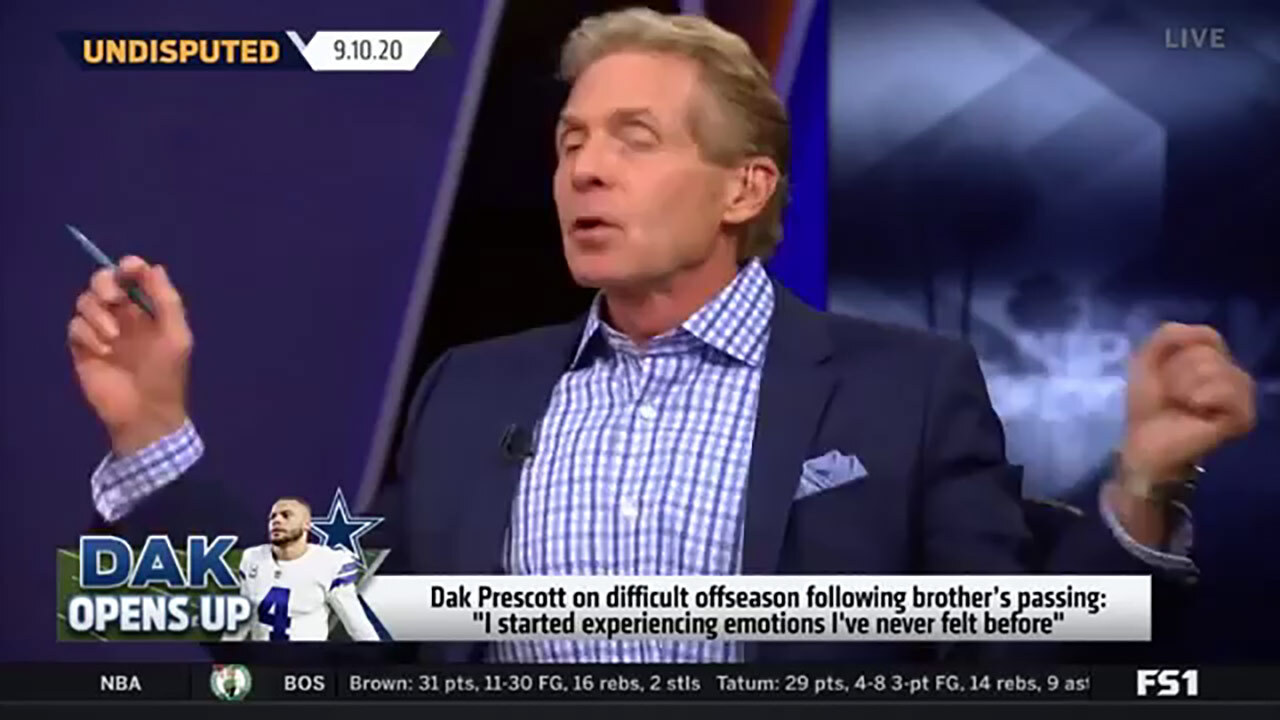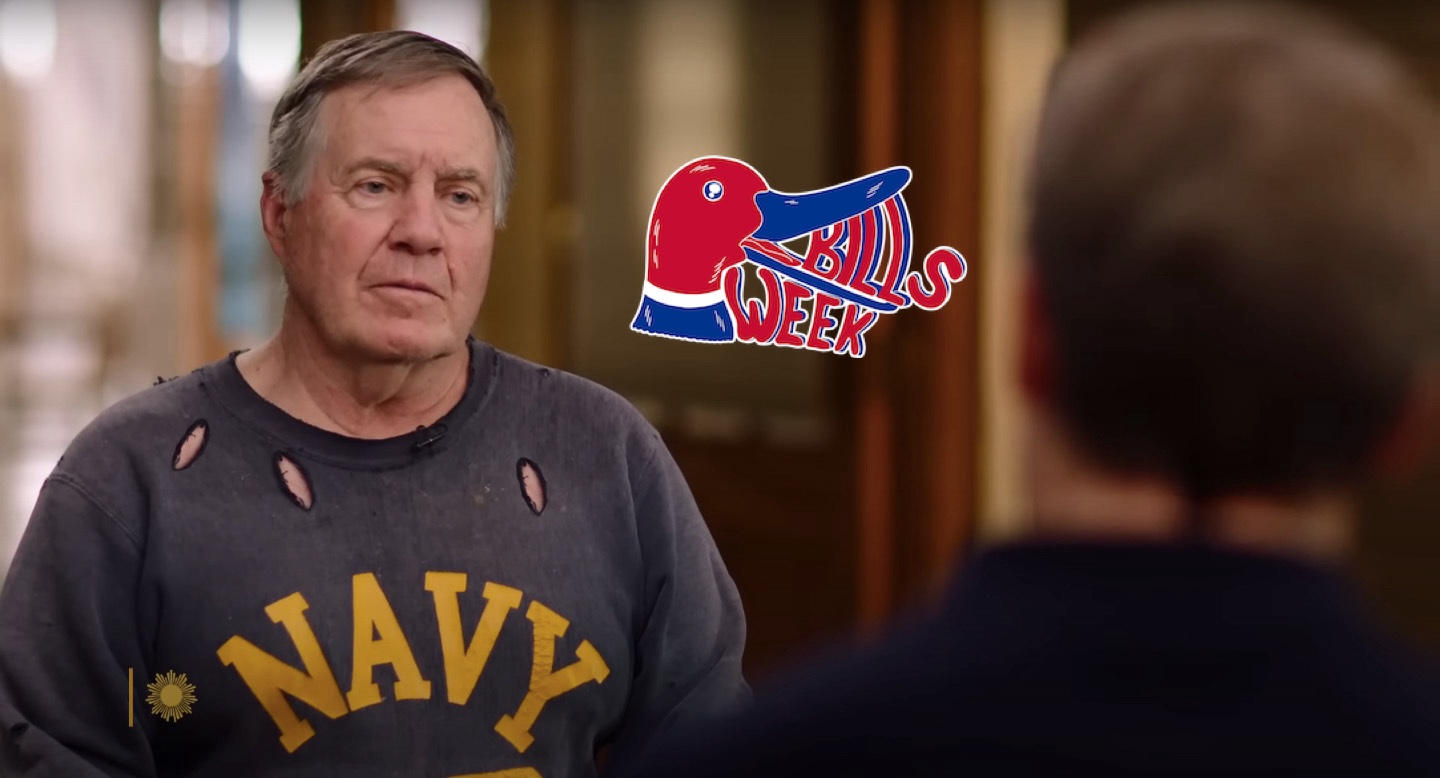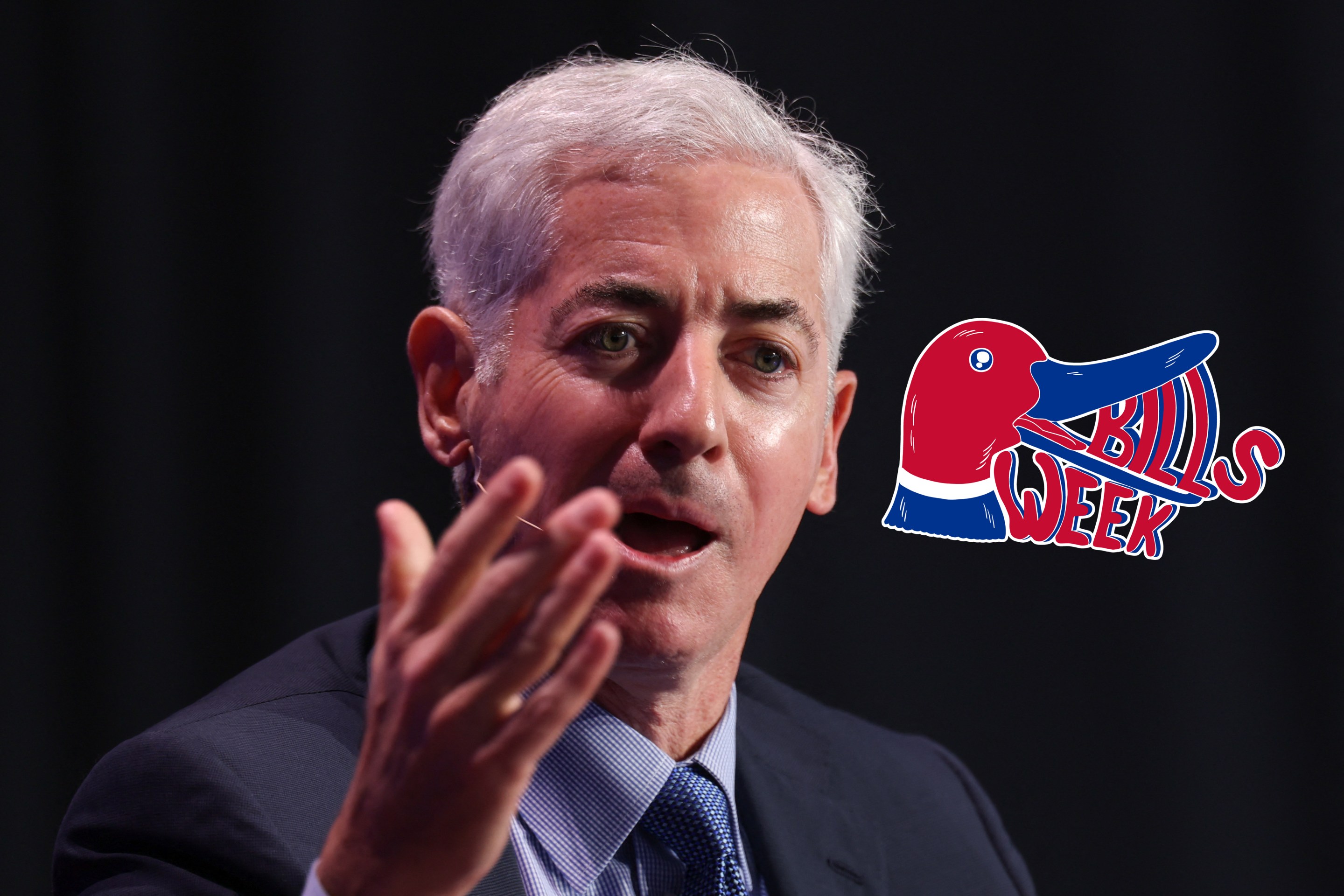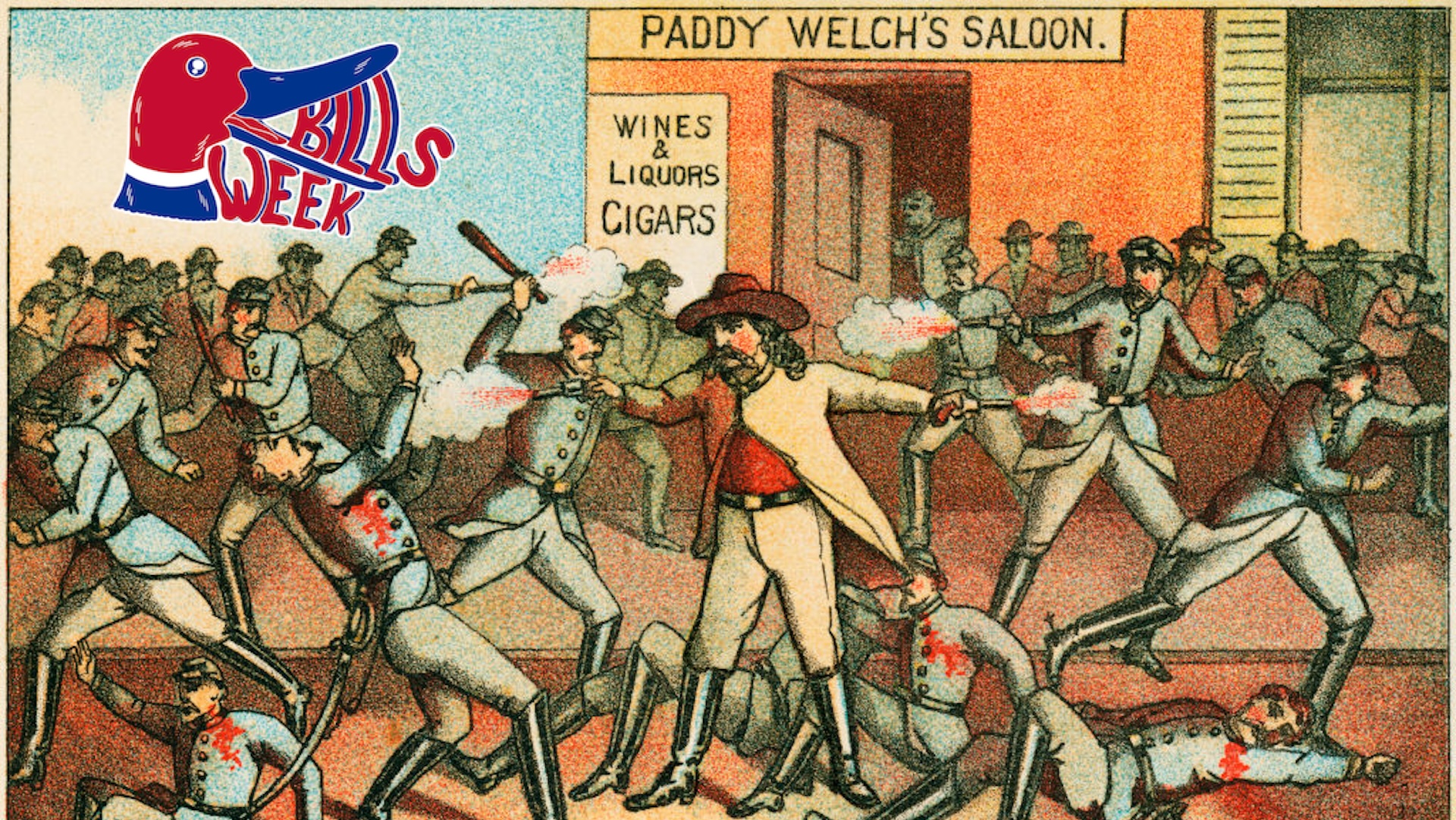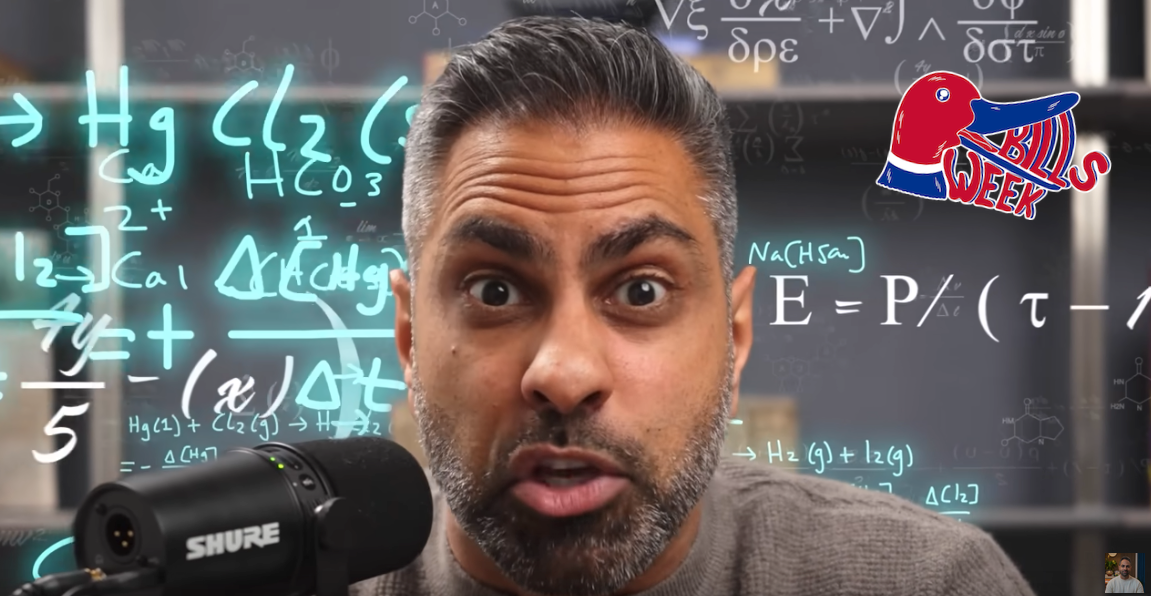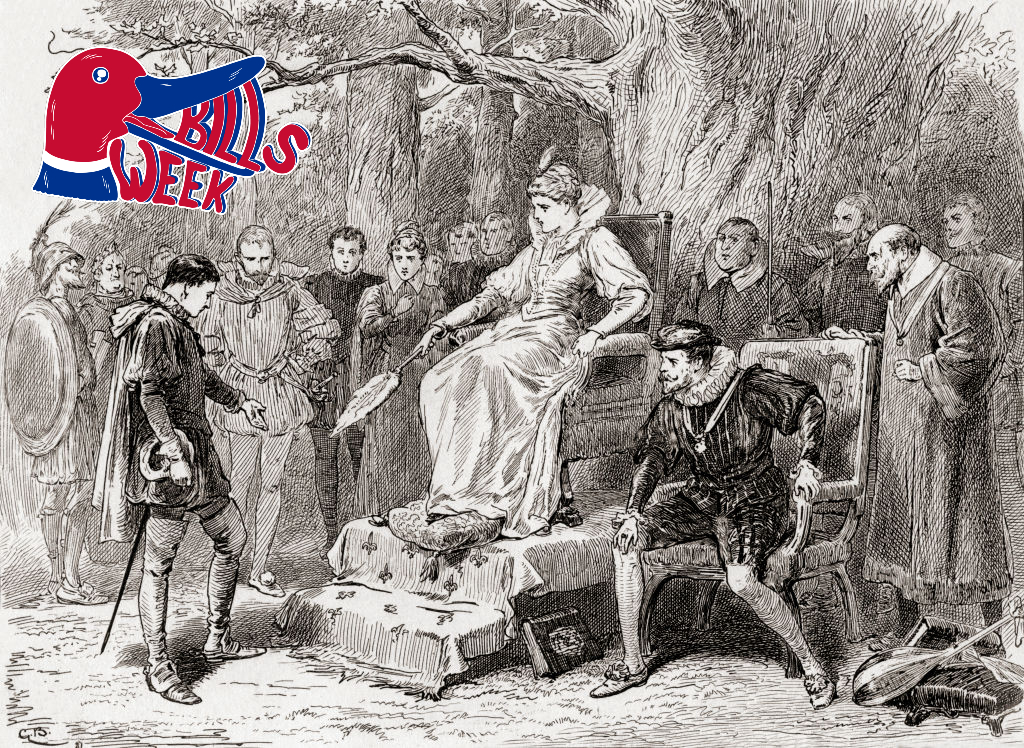You might remember Skip Bayless, from before. He was one of the presiding reptiles of the sports Mesozoic, a leatherette titan whose ferocity, relentless and undiscerning appetite, and feathered plumage made him uniquely well-adapted to that uniquely gaseous age. Bayless spent the most lucrative decades of his life rising before the sun for a job at which he sighed and fretted and projected deep umbrage about things that even hardcore sports fans could barely remember by lunchtime. Laid end to end, this is a man who has spent years seeming sincerely on the verge of tears on behalf of Tim Tebow. You will likely be surprised to learn that Bayless is 68 years old; you may, as I was, find yourself momentarily surprised to remember that Bayless is still doing this at all.
On Thursday, Bayless reminded the world of this when he criticized Dallas Cowboys QB Dak Prescott for speaking about the anxiety and depression he experienced during a wildly traumatic last few months that included his brother Jace's suicide. This certainly sounds like something Skip Bayless would do, and he did it in more or less as you might expect him to do it—with a great deal of huffing and head-shaking and feigned expertise, and from the pyrotechnically deranged perspective that Prescott's job as "the quarterback of America's team" was simply too important to be jeopardized by the risks related to experiencing or discussing universal human emotions and experiences. It was not that Prescott was weak or soft for experiencing depression, Bayless underlined repeatedly, but that he was being reckless and even irresponsible in talking about it, because then other people would know.
The full segment, which is more than 11 minutes long, manages to be astonishing and exhausting without somehow ever becoming interesting. As such, it's a nice reintroduction to Bayless's work. "It is no compassion," Bayless said, as heatedly and heavily as a child explaining the rules of a video game to a slightly younger child, in explaining why he thought Prescott should have kept his struggles to himself. "No quarter given on the football field. If you reveal publicly any little weakness, it can affect your team's ability to believe in you in the toughest spots. And it definitely can encourage others, on the other side, to come after you. If you throw an interception you're gonna hear, 'depressed, motherfool?'"
This was all a practical matter, Bayless emphasized. Sometimes, he allowed under pressure from co-host Shannon Sharpe, "it's better to just get it out," but not "if you're the quarterback of America's team, a team I think has got a shot to get to this year's Super Bowl, and certainly has a shot to win the division and make the playoffs, which they didn't last year, you just can't go public with that, even though you say this could truly help a lot of people out there who are suffering from a clinically diagnosed depression." By all means, Bayless emphasized, Prescott could and should feel his emotions. "Just don't make me question you're made of the right stuff to stand up to that job," Bayless said. "Because that's a hard job he's got."
("No," Prescott said when asked whether he should have kept his struggle to himself, "I think that’s a fake leader. Being a leader is about being genuine and being real.")
There are stories that Bayless likes to tell about himself, and for the part of the last decade when he still seemed important he told them in various long profiles. Like many uninteresting people, Bayless perceives his own life as a simple hero's journey from hardship to success powered by hard work and perseverance; like many of the worst and least-interesting sports commentators, he fundamentally understands the entire world through the thumbnail narrative devices of sportswriting, and so sees life as a side-scrolling video game in which various enemies and adversities appear and either are or aren't dispatched according to the skill of the player. Bayless had experienced hardship in his own life, he noted, "and I just kept fighting, I fought through every one of them...You've got to fight back, you can't give into the depression, you try to rise above it because that's how you're built." For instance, Bayless said, even during the pandemic he and Sharpe had continued to record their show every day. Anyway, that's enough of that. You get the idea.
There's a distinction to be drawn between ignorance and plain stupidity, although there's not always a detectable difference from one moment to the next. However stupid Skip Bayless is or is not, there is no reckoning with him without accounting for all the many things he has so stridently and strenuously refused to know. His job is grounded in a refusal to engage the world beyond binaries, and to the extent that he is good at that job it is because he comes by that refusal naturally.
One of the stories that Skip Bayless likes to tell is that he has never lost a debate or been proven wrong, and there's every reason to believe that he believes this. But, later in the segment, Bayless assessed his position and tried another angle. Had Prescott been depressed after his brother's suicide that would have been one thing, but in this case Prescott said that he had dealt with anxiety and depression "after the pandemic hit," which is something else; when Bayless re-engaged the topic in a brief non-apology on Friday morning, he re-emphasized this distinction between "pandemic depression" and some other, more readily excusable kind that Prescott presumably did not experience. He emphasized that anyone suffering from clinical depression—the real kind, the version that presumably would not be construed by some TV ghoul as being in some way your fault—should seek help, and then the network aired the phone number of a hotline.
The story that Bayless told on television about Dak Prescott, and has always told about himself, is grounded in a drearily familiar sort of denial. His dedication to that story has gotten him this far, although I'll leave it to you to assess where that is and what it's worth. But the pathology isn't unique to him. He has stayed on top, if that's the word for what he's done or where he is, by being uncommonly disciplined and dedicated about what he refuses to know. In his principled dedication to not-knowing and not-understanding things, and in his reliance on childish just-so explanations, and in his refusal to countenance any kind of ambiguity or comprehend that the lives of other people are meaningful and real, Bayless is both doing his stupid awful job and performing a familiar sort of American cowardice. In the face of the chaos and carnage of life, he is asking to know less, or for an answer that will affirm him, or just to be left alone.
There is a lot of this in sports right now, where even most minimal, neutered social justice messaging has sent cynical or unbalanced commentators off on clammy skeins about how Woke Sports Have Canceled Joy and inspired fans to similar flights of reactive fancy. It's axiomatic that this kind of response reads as wildly and desperately disproportionate relative to the original offense; a person who believes their well-being depends upon avoiding things they'd rather not know would, when confronted with the fact of those things, believe that he was fighting for his life. There is, in this line of reactionary response, a certain grim liberation, a sense of people who thought they cared about something coming to realize that what they actually cared about was protecting themselves from things that make them uncomfortable. It all recedes from there; to keep the certainty, eventually a person will have to deny everything else.
